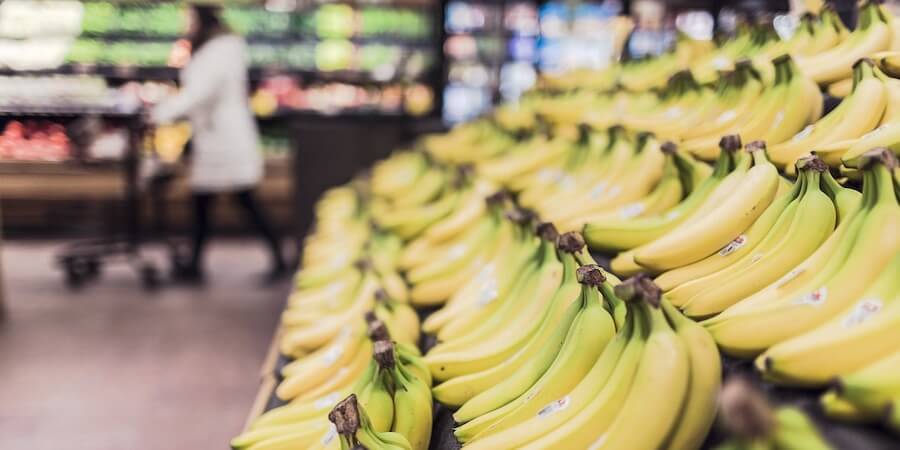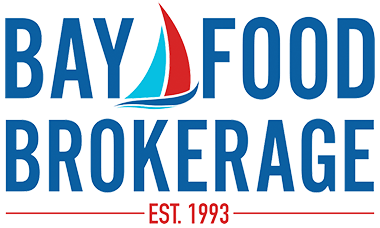
This blog post covers what food manufacturers should know about sustainability demand among grocery shoppers. Keeping a finger on the pulse of food and beverage sustainability trends can help manufacturers be more effective in their sales and marketing strategies, and ultimately, increase retail sales.
Younger generations driving demand
According to data provided by our technology/data partner SPINS, Millennials and Generation Z are largely driving sustainability demand.
Eighty percent of adults between the ages of 18 and 34 said they are willing to pay more for sustainable products compared to less-sustainable competitors. This is compared to 66% of retail shoppers of all ages reporting the same sentiment.
“Manufacturers have a real opportunity to tap into this ‘foodie generation’ market by aligning products and packaging with food and beverage sustainability trends,” said Chris Chatterton, Executive Vice President of Bay Food Brokerage. “Take a hard look at what’s important to adults under age 34. Then, consider options to increase and showcase the sustainability of your products.”
Environmental attributes more popular than social factors
Food and beverage sustainability trends in the SPINS report also show certain sustainability attributes are currently more top-of-mind than others. In short, food shoppers are thinking of sustainability more in terms of environmental rather than social factors.
More specifically, the following percentage of shoppers associate sustainability with the below attributes (Source: IRI OmniConsumer Survey Solutions June 2022):
- Renew, reuse, recycle: 79%
- Conserve (water, fuel, energy, land): 66%
- Reduce byproducts/waste: 62%
- Act in ways that benefit society at large: 47%
- Come together as a community for a greater good: 44%
- Protect human rights: 44%
“With these food and beverage sustainability trends, we do see manufacturers showcasing their attributes in many ways,” Chris said. “Reforestation, eliminating food waste and other regenerative actions are especially appealing to consumers. For example, companies that produce grass-fed beef, which is healthier for the soil and results in lower carbon emissions than traditionally fed beef, is attractive to many of today’s shoppers.”
Critical need to highlight sustainability on packaging
While over three-quarters of all grocery shoppers believe sustainability is important when selecting products, there’s another important statistic to consider. That is, 78% of shoppers say that despite their desire to support companies that align with their values, they don’t know how to identify environmentally friendly companies.
“To align with today’s food and beverage sustainability trends, manufacturers must call out attributes on their packaging,” Chris said. “List sustainability attributes on the front of products, not the back, and on a side of the package. Vertical and horizontal display options allow flexibility for planogramming, so retailers can merchandise as they see fit.”
The SPINS report shows three out of four sustainable shoppers use labels or third-party certifications to confirm a company or product’s sustainability credential. So, consider obtaining and displaying designations, such as Regenerative Organic Certified, Fair Trade Certified and B Corp Certified.
Looking for a retail broker partner to help you understand and align with food and beverage sustainability trends? Contact us today to learn more.
